Cinque Terre (Cinque Terre) from Italian translates as "five lands." This poetic name marks on the map the territory of a national park in the Liguria region in the north-west of the country, which is visited annually by millions of tourists from around the world.
 muratart / Shutterstock.com
muratart / Shutterstock.comFive fishing villages of Riomaggiore, Manarola, Corniglia, Vernazza and Monterosso al Mare are UNESCO World Heritage Sites.
There are travel restrictions for travelers in the Cinque Terre. It is forbidden to drive a car, so everyone gets to Riomaggiore by train from Genoa or La Spezia. The road takes up to two hours.
 Kert / Shutterstock.com
Kert / Shutterstock.comBetween the villages they travel on regional trains or, as tourists increasingly arrive, take walks. Moreover, special training is not required for this. Everyone will overcome the distances. See for yourself:
- Riomaggiore - Manarola - 20 minutes;
- Manarola - Corniglia - 45 minutes;
- Corniglia - Vernazza - 1.5 hours;
- Vernazza - Monterosso - 1.5 hours.
 leoks / Shutterstock.com
leoks / Shutterstock.comThe beaches and access to the sea in the Cinque Terre are steep with a stone bottom. Only in Vernazza and Monterosso there are places where you can lie on the warm sand.
 JeniFoto / Shutterstock.com
JeniFoto / Shutterstock.comWe advise you to read: a romantic trip to the Cinque Terre for two.
Riomaggiore
 canadastock / Shutterstock.com
canadastock / Shutterstock.com muratart / Shutterstock.com
muratart / Shutterstock.com CristinaMuraca / Shutterstock.com
CristinaMuraca / Shutterstock.com Alessandro Colle / Shutterstock.com
Alessandro Colle / Shutterstock.com Alessandro Colle / Shutterstock.com
Alessandro Colle / Shutterstock.comManarola
 Tsomchat / Shutterstock.com
Tsomchat / Shutterstock.com Alexander Tihonov / Shutterstock.com
Alexander Tihonov / Shutterstock.com Alexander Tihonov / Shutterstock.com
Alexander Tihonov / Shutterstock.com Emi Cristea / Shutterstock.com
Emi Cristea / Shutterstock.comCorniglia
 dvoevnore / Shutterstock.com
dvoevnore / Shutterstock.com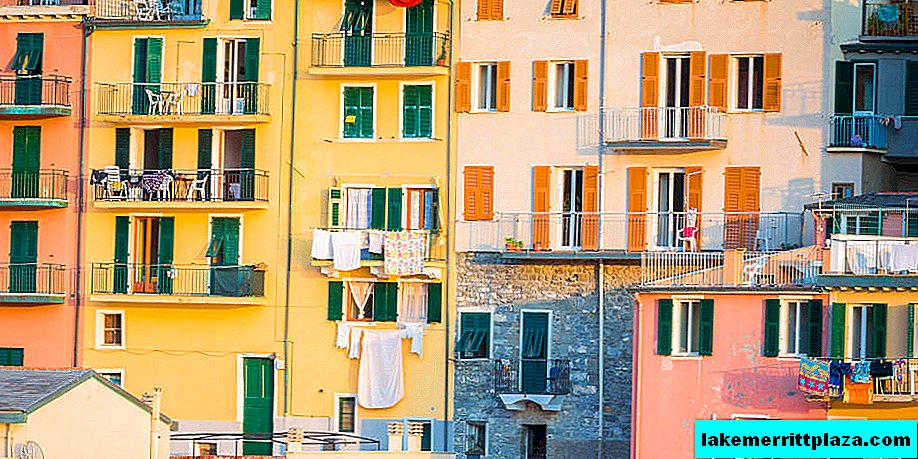 jo Crebbin / Shutterstock.com
jo Crebbin / Shutterstock.com karamysh / Shutterstock.com
karamysh / Shutterstock.com TessarTheTegu / Shutterstock.com
TessarTheTegu / Shutterstock.com leoks / Shutterstock.com
leoks / Shutterstock.comVernazza
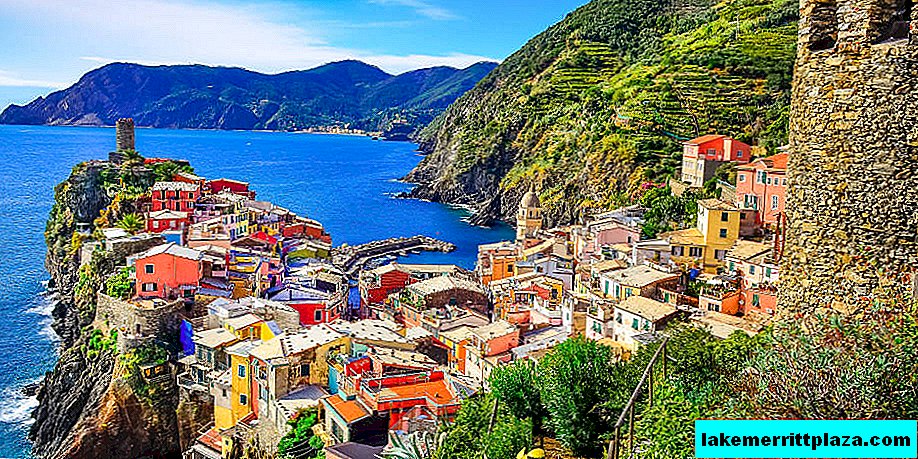 Martin M303 / Shutterstock.com
Martin M303 / Shutterstock.com Stefano Termanini / Shutterstock.com
Stefano Termanini / Shutterstock.com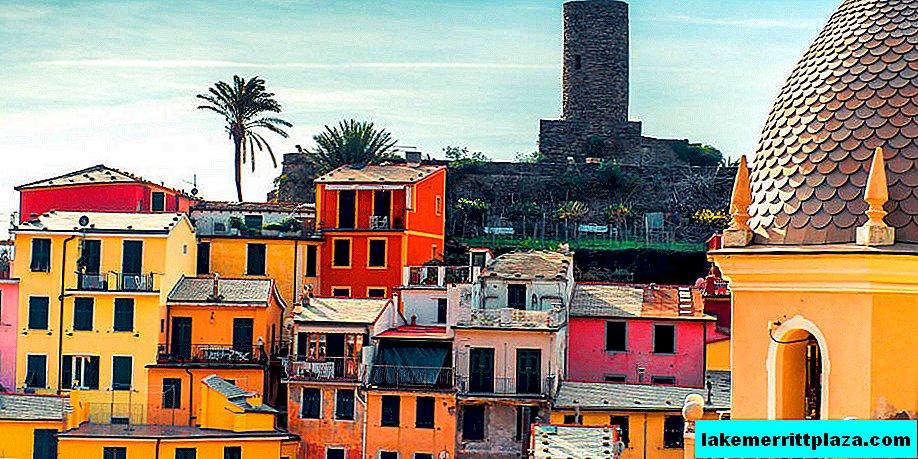 Alexander Tihonov / Shutterstock.com
Alexander Tihonov / Shutterstock.com muratart / Shutterstock.com
muratart / Shutterstock.com StevanZZ / Shutterstock.com
StevanZZ / Shutterstock.comMonterosso
 mandritoiu / Shutterstock.com
mandritoiu / Shutterstock.com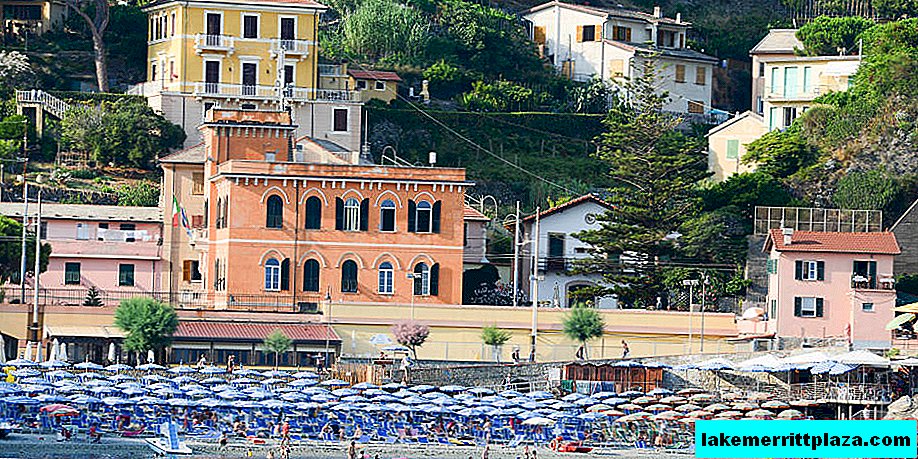 Stefano Ember / Shutterstock.com
Stefano Ember / Shutterstock.com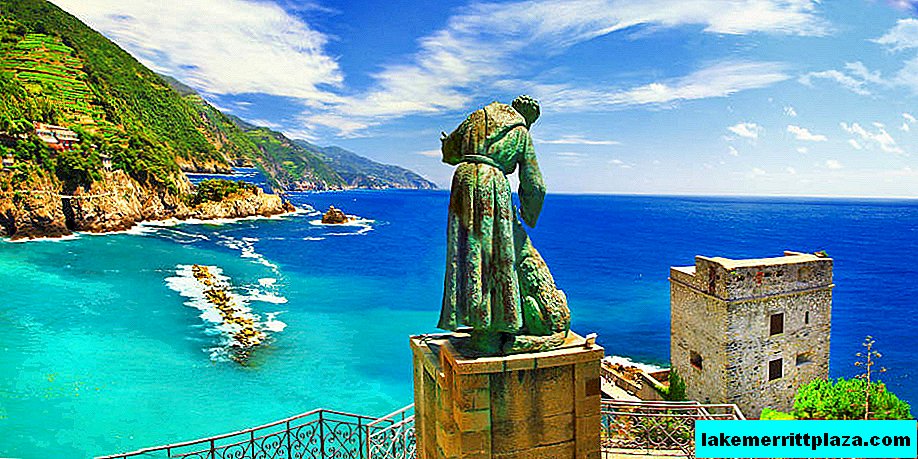 leoks / Shutterstock.com
leoks / Shutterstock.com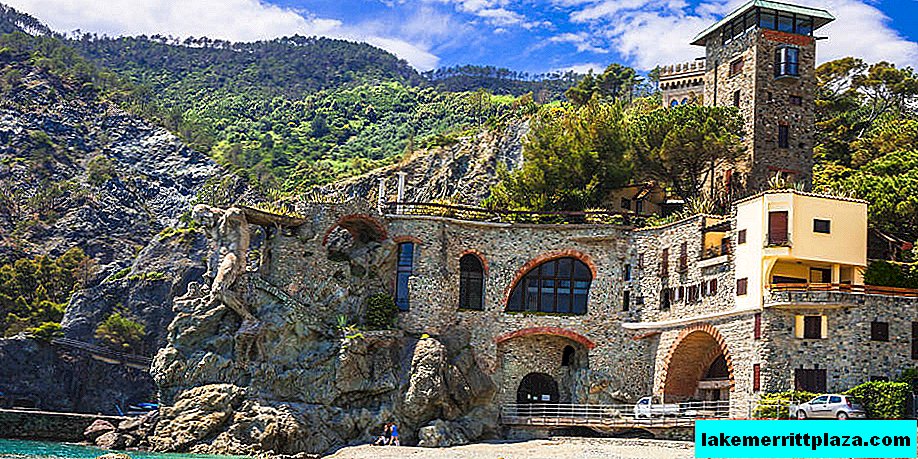 leoks / Shutterstock.com
leoks / Shutterstock.comHave you been to these parts? Then share photos in the comments, tell us about your impressions and give practical advice to those who are just planning a trip to the Cinque Terre.








